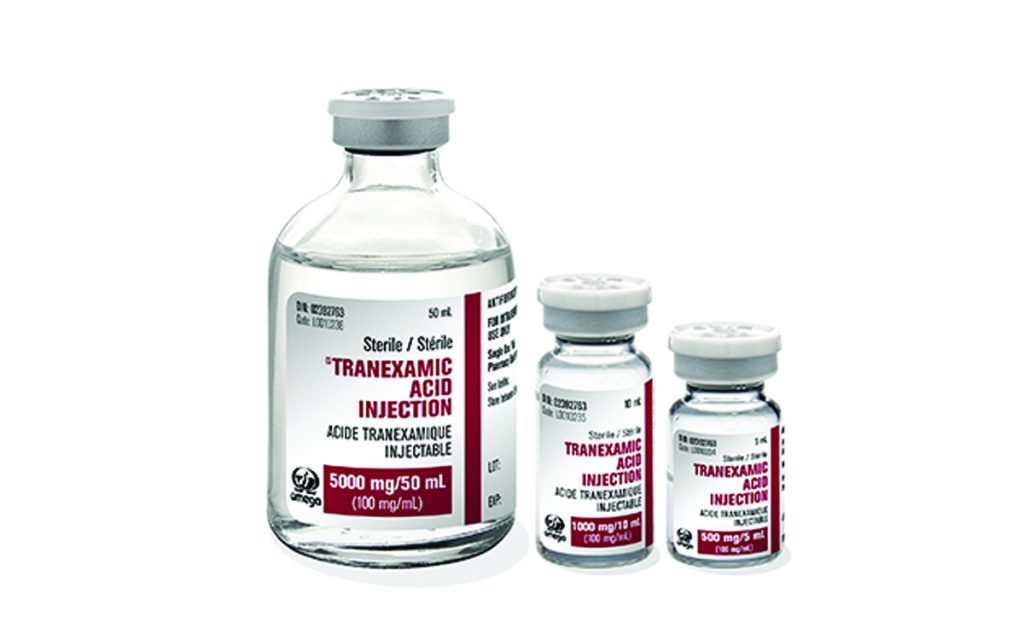I’ve visited several hundred trauma centers over the past 25 years, and recently I’ve begun to appreciate that there are two tribes when it comes to the use of tranexamic acid: the TXA believers and the TXA hesitant.

There have been a number of large studies that seem to suggest a benefit with respect to survival from major hemorrhage, particularly if given soon after injury (CRASH-2, MATTERs). This drug is dirt cheap and has been around a long time, so it has a clearly defined risk profile.
However, many of those hesitant to use it point to the possibility of thromboembolic events that have been sporadically reported. Several years ago, I did my own literature review and found that the number of thrombotic events from TXA was nearly identical to that of transfusing plasma.
JAMA Surgery published a large systematic review, meta-analysis, and meta-regression last year that sought to examine the association between thromboembolic events (TE) in patients of any age and involving all medical disciplines, not just trauma.
The anesthesia group at the University Hospital Frankfurt in German did a systematic search of the Cochrane Central Register of Controlled Trials, as well as MEDLINE, for randomized controlled trials involving TXA. They covered all published studies through December 2020.
The authors adhered to standard guidelines for conducting reviews and meta-analysis (PRISMA). They specifically searched for outcomes involving TEs, such as venous thromboembolism, myocardial infarction or ischemia, limb ischemia, mesenteric thrombosis, and hepatic artery thrombosis. They also tallied the overall mortality, bleeding mortality, and non-bleeding mortality.
Here are the factoids:
- A total of 216 eligible trials were identified that included over 125,000 patients (!)
- Total TEs in the TXA group were 1,020 (2.1%) vs 900 (2.0%) in the control group
- Studies at lowest risk for selection bias showed similar results
Bottom line: The authors concluded that IV TXA, irrespective of the dose, does not increase the risk of thromboembolic events. Period.
In my next post I’ll describe an even more recent systematic review and meta-analysis in orthopedic patients. Our orthopedic colleagues have been using this drug successfully for hip surgery for decades. Let’s see what they think.
Reference: Association of Intravenous Tranexamic Acid With Thromboembolic Events and Mortality A Systematic Review, Meta-analysis, and Meta-regression. JAMA Surgery 156(6):3210884, 2021.

